
What do Jews talk about when they talk about “the left”?
One especially courageous and illuminating answer is proposed by Susie Linfield in “The Lion’s Den: Zionism and the Left from Hannah Arendt to Noam Chomsky” (Yale University Press), a lucid and lively work of intellectual history that recalls, honors and criticizes some of the foundational figures of the left.
Linfield is an author, professor and public intellectual whose work appears in The New York Times, the New Republic, Dissent and The Nation. She identifies herself as a progressive Zionist, and she recognizes the risk she is taking by doing so. “How has ‘Zionist’ … become the dirtiest word to the international Left — akin, say, to racist, pedophile or rapist?” she muses at the outset of “The Lion’s Den.”
At the same time, she calls Israel to account: “How did Israel, through the ruinous settlements project, come to re-create itself as a ghettoized minority amongst a hostile population?” she writes. “How did it come to deny the national rights of a neighboring people and to violently suppress them — not for a year or two, but for over a half century?”
The intellectual framework for her important book is based on a third factor — “the transformation of the Left itself … from defining itself as anti-fascist to defining itself as anti-imperialist, and to an identification of the formerly colonized peoples of the Third World as the main agents of social change.” As a result, she argues, Israel began to be demonized by the New Left, which “tagged Israel as an imperialist and — irony of ironies — fascist state.”
Linfield rejects any effort to dumb down the argument over Israel. She recognizes that “there are many Lefts and many kinds of leftists.” She may be a progressive, but she is willing to point out what she calls the “contorted and dishonest” arguments that explain “the Left’s vitriol toward Zionism.” She warns her readers against “debate [that] slips into polemics that are both virulent and sterile.” And identifies the target of her book as “the glib pseudo-history that is endlessly regurgitated from author to author, generation to generation — and then used as the foundation on which to justify political positions.”
Her own approach is to retrieve and reconsider what the foundational theorists, critics and activists of the left actually thought, felt and wrote about Zionism. She starts with Hannah Arendt and Arthur Koestler, whose attitudes toward Zionism are often misunderstood and mischaracterized when they are recalled at all. She moves on to Isaac Deutscher and a few less famous figures (Maxime Rodinson, Albert Memmi and Fred Halliday), all of them characterized by “anti-capitalism, anti-colonialism, stauch secularism.” And she concludes with I.F. Stone, “America’s outstanding left journalist of the twentieth century,” and Noam Chomsky, whom she both criticizes for “promulgat[ing] a palpably erroneous history of the Arab-Israeli conflict” and credits as a self-identified member of the Jewish people who is motivated by “his fears about its survival.”
“An unmistakable heartache can be detected in Linfield’s highly readable work.”
Linfield’s treatment of Arendt is an exemplar of the intellectual honesty that she brings to her work. Arendt can be deeply off-putting to many Jewish readers, but Linfield credits her for her focus on “in the words of the time, the Arab Question,” which “is the main reason her writings on Zionism are remembered today, at least by leftists.” But Linfield painstaking deconstructs Arendt’s writing to reach a dissenting conclusion: “Many of Arendt’s admirers see her writing on the Israeli-Palestinian conflict as her most perceptive and prophetic,” she writes. “I see them as her weakest.”
Her long chapter on Arendt is one of the jewels of “The Lion’s Den,” and another one is her chapter on Stone, an old lion of progressive journalism who is, tragically, seldom recalled nowadays. He was both a supporter and a critic of Israel in the early days of statehood, and Linfield honors him for both. “Although a secularist, his criticism was embedded in what he called the ‘Jewish soul’ and the values of the Hebrew prophets,” she writes. “Stone was devoted to a thriving Israel and to the Jewish people’s survival; he was also genuinely tormented by the suffering of the Palestinian refugees.” While her admiration is tempered by her discussion of his failings and omissions, she concludes that he “remains a beacon for me.”
Noam Chomsky is yet another chapter-length masterpiece of history, biography and criticism. He is “certainly the best-known, and probably best-loved, representative of the American Left,” writes Linfield, who adopts the words of Edward Said to describe Chomsky as someone who “hates Israel … in such tones of harsh judgement that only a Jew could have done his hating so effectively.” Linfield goes on to deliver a harsh judgment of her own on Chomsky: “Basic knowledge, research, fact-finding, an informed and capacious perspective: These, too, are the responsibility of intellectuals.” She concludes, “Chomsky simply lacks the humility this demands.”
An unmistakable heartache can be detected in Linfield’s highly readable work. “Today, the disputes over Israel have become woefully reductive, debased, and venomous,” she writes in a note of despair. “I do not know if Israel can or will reclaim its democracy.” She worries that it may be too late to do so, and if so, “the hope that motivates this book is a lament.”
But “The Lion’s Den” turns out to be a healthy corrective to — and perhaps even a cure for — the political and intellectual dysfunction that causes her such palpable pain. Anyone who frets about the left, whether they are for or against it, will learn something important by reading and heeding her book.
Jonathan Kirsch, author and publishing attorney, is the book editor of the Jewish Journal.








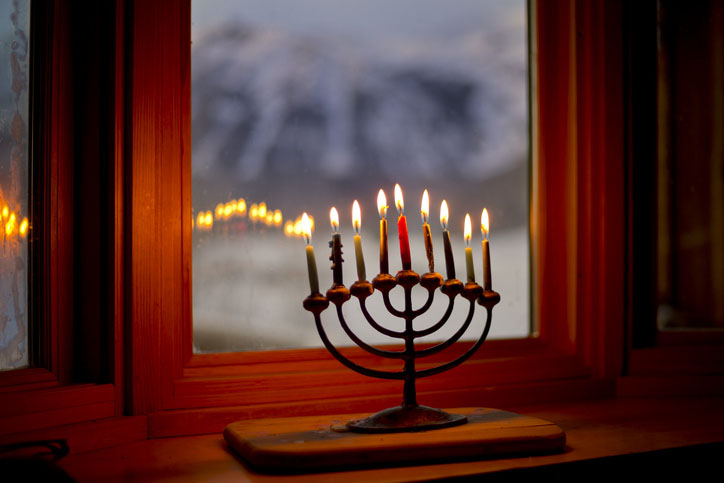
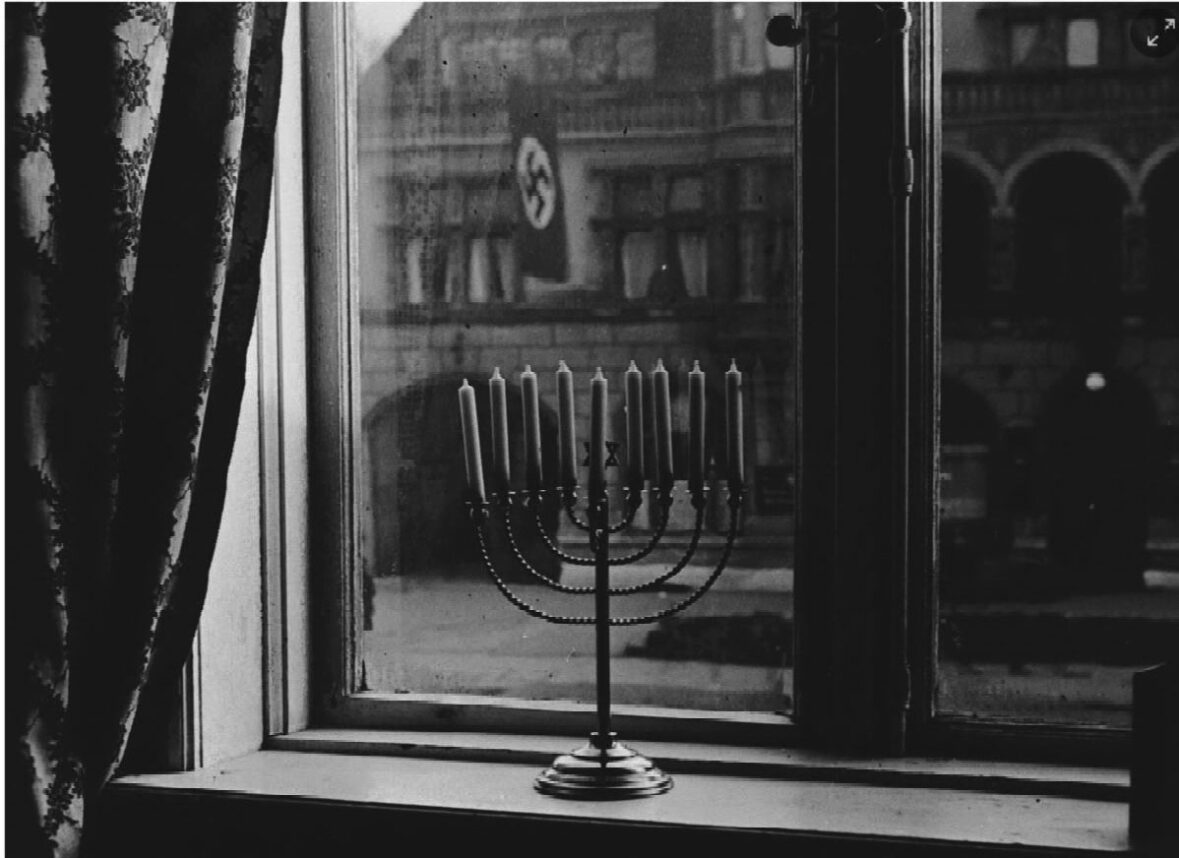

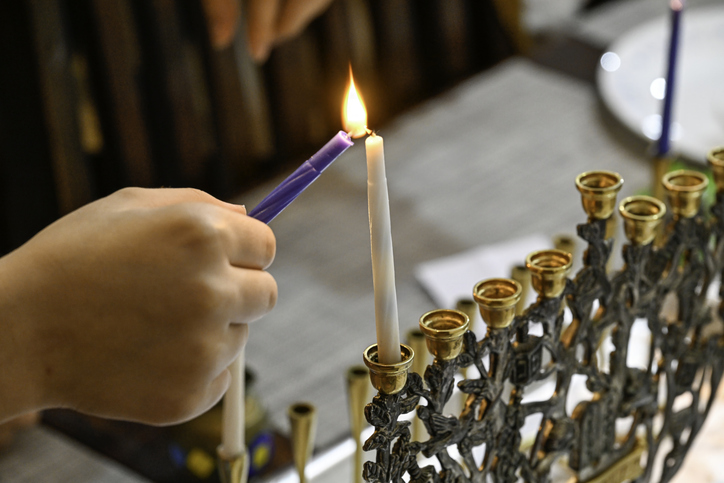
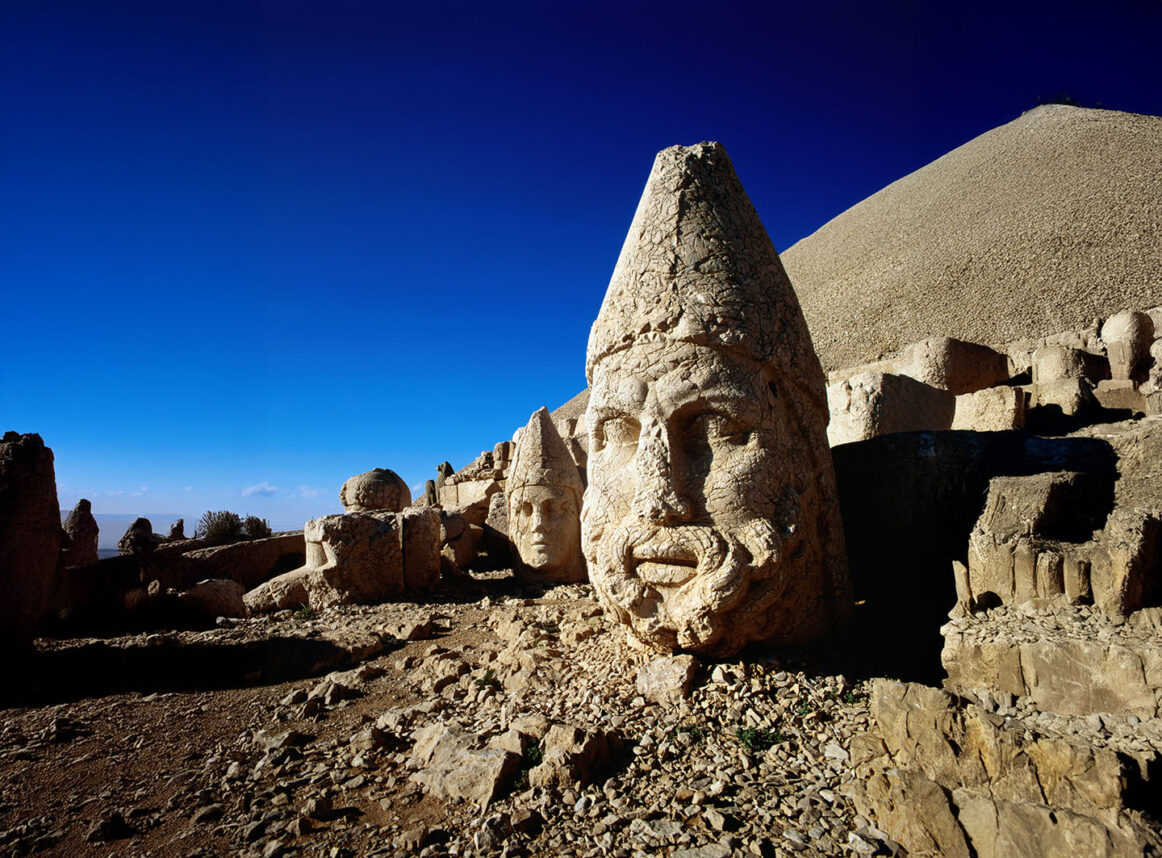
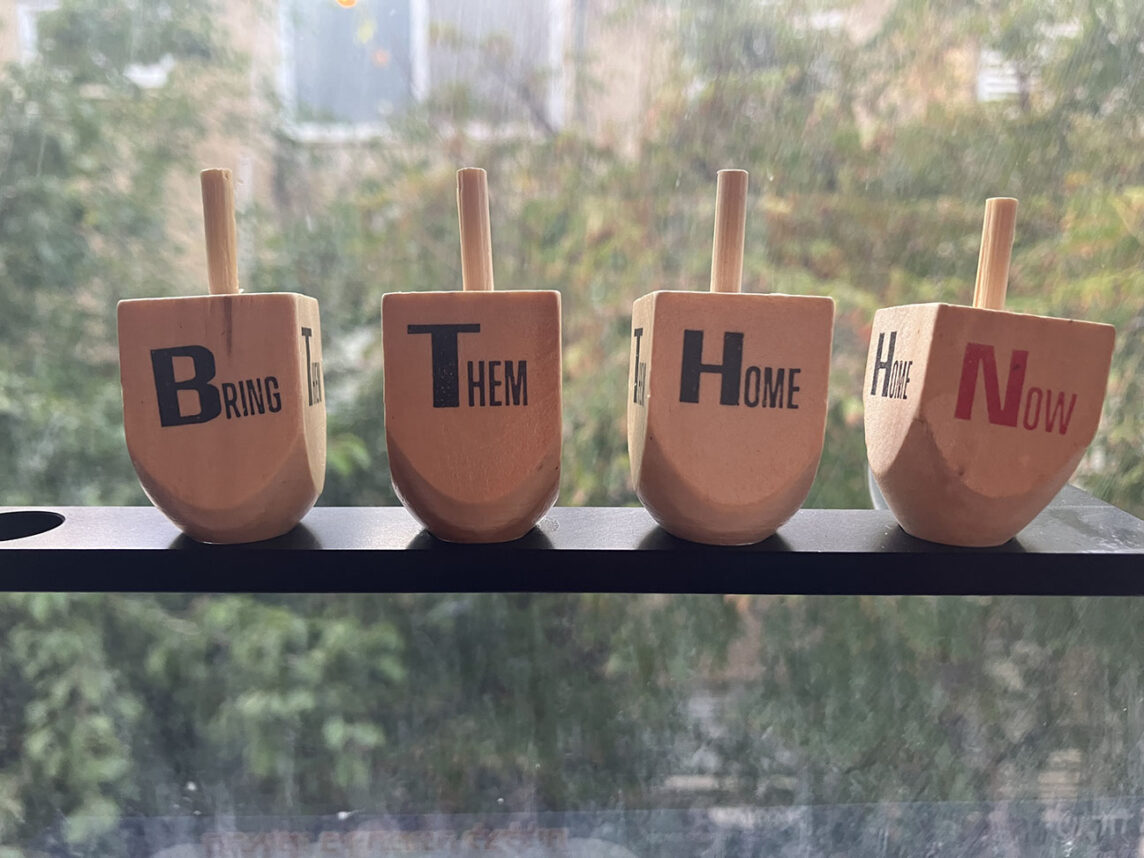
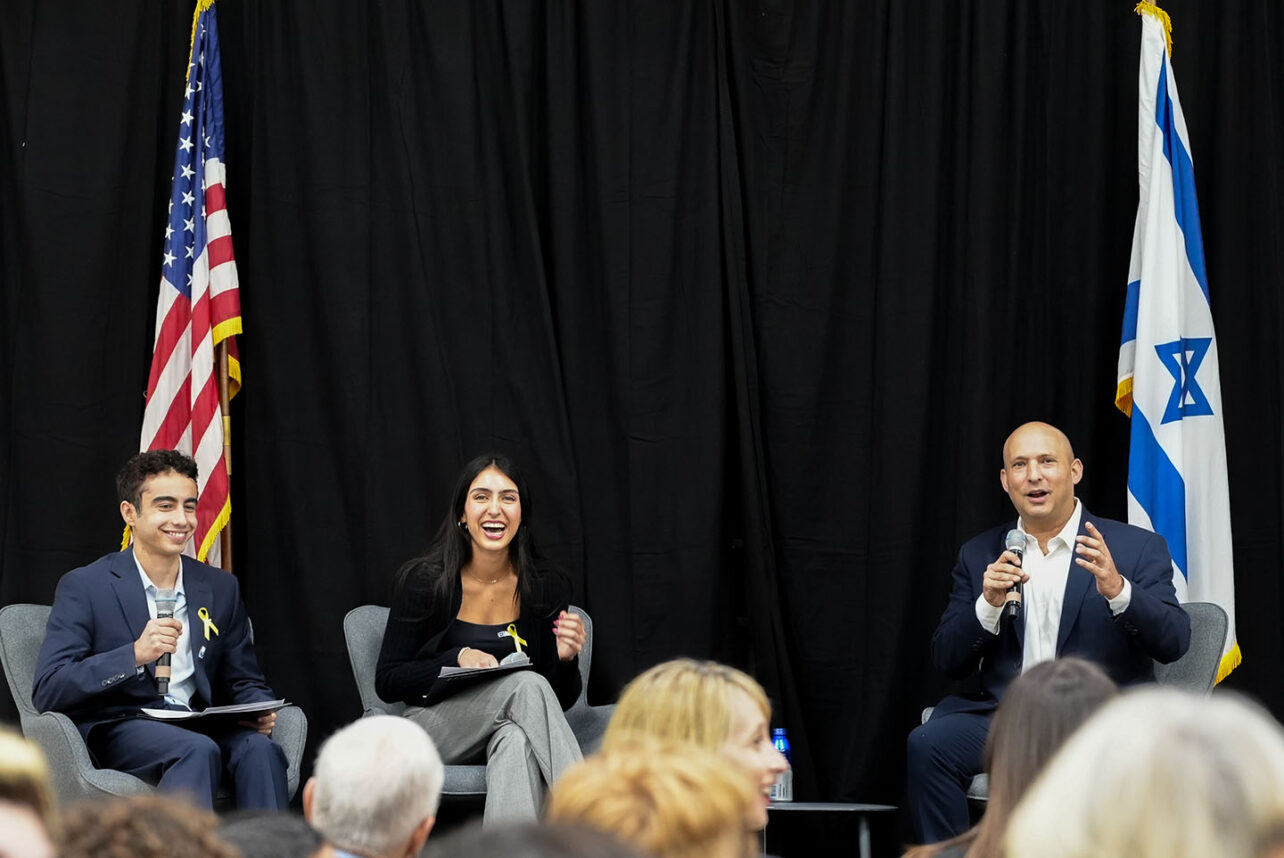
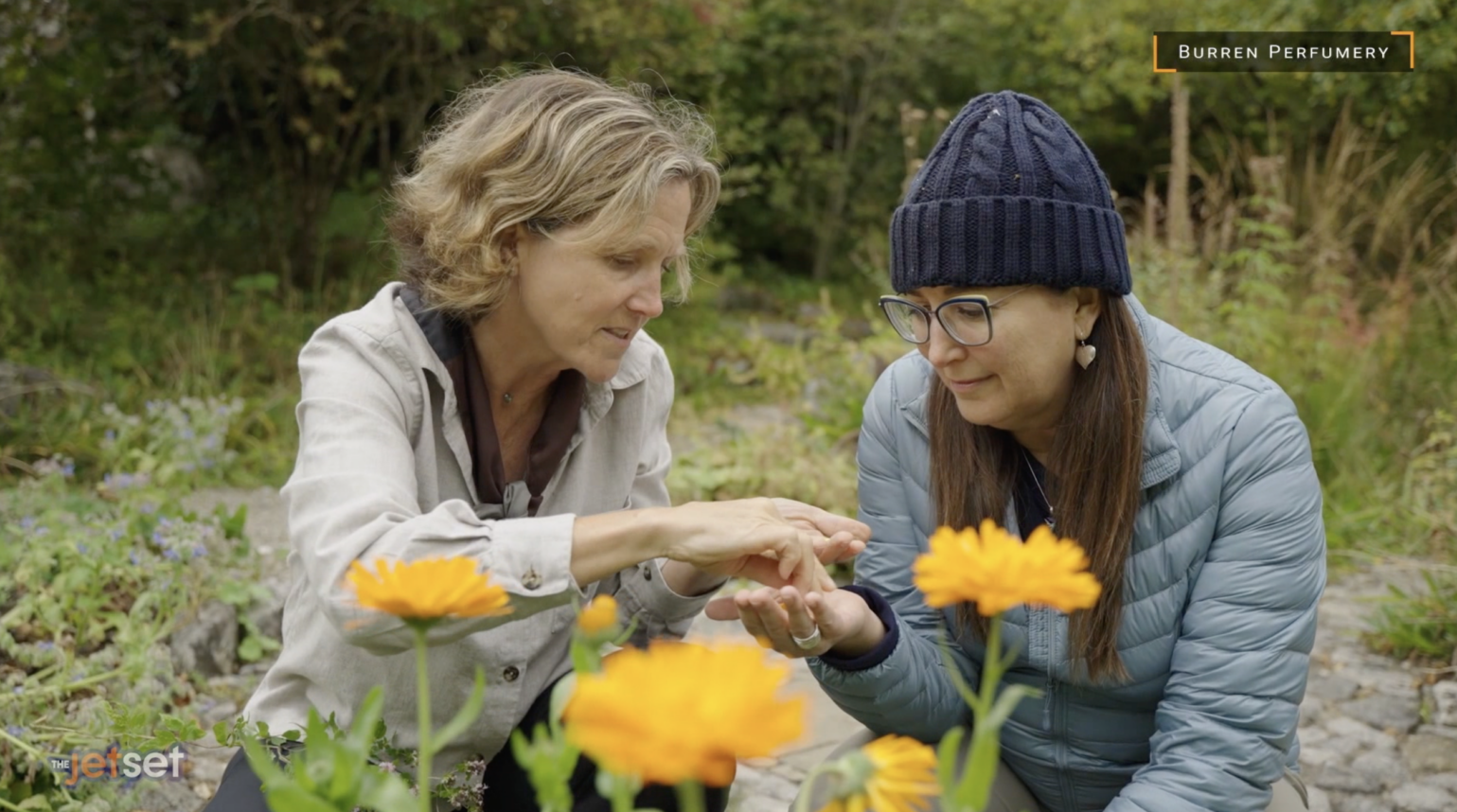
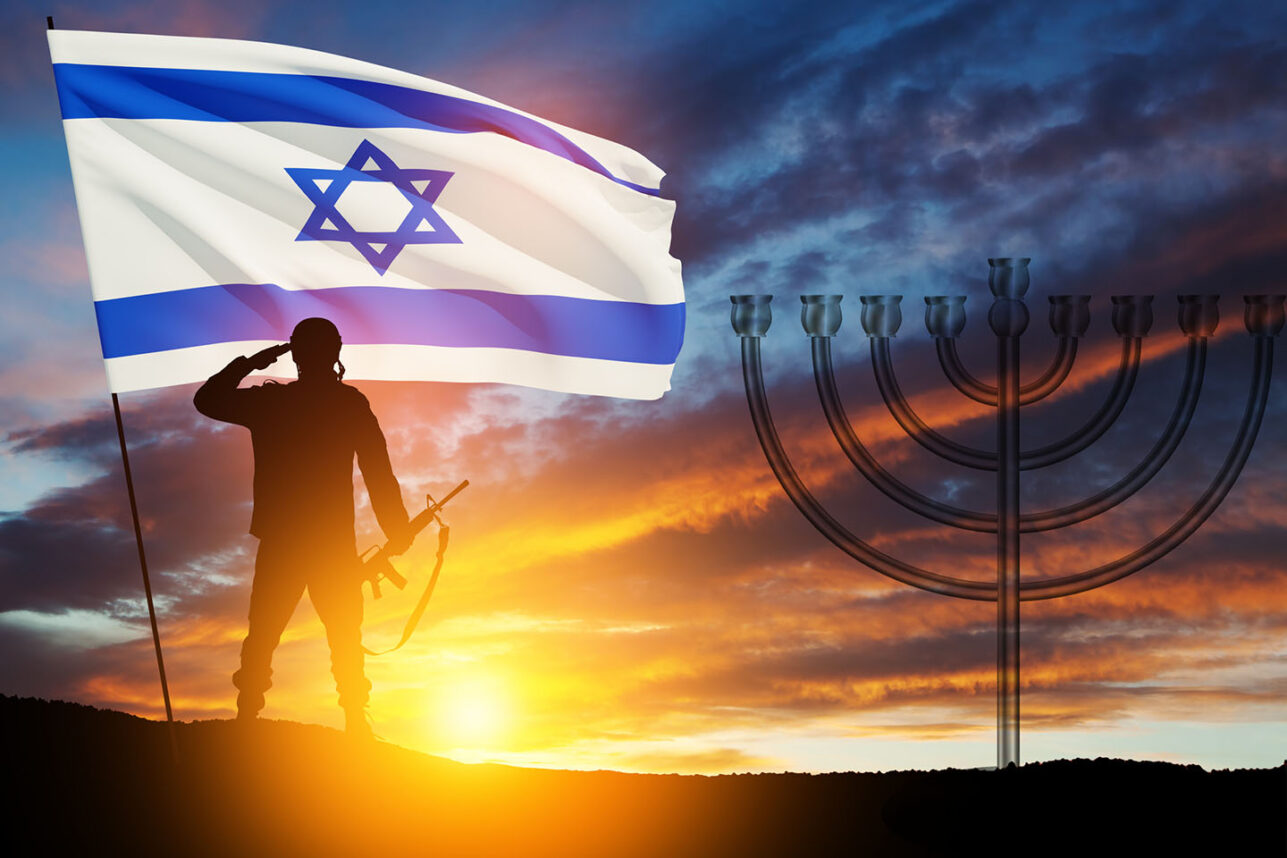





 More news and opinions than at a Shabbat dinner, right in your inbox.
More news and opinions than at a Shabbat dinner, right in your inbox.